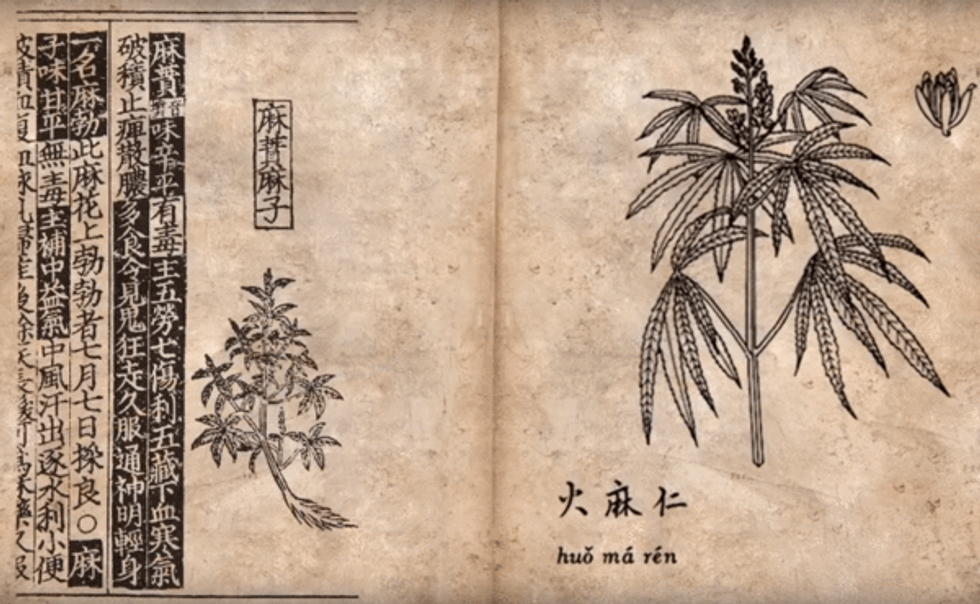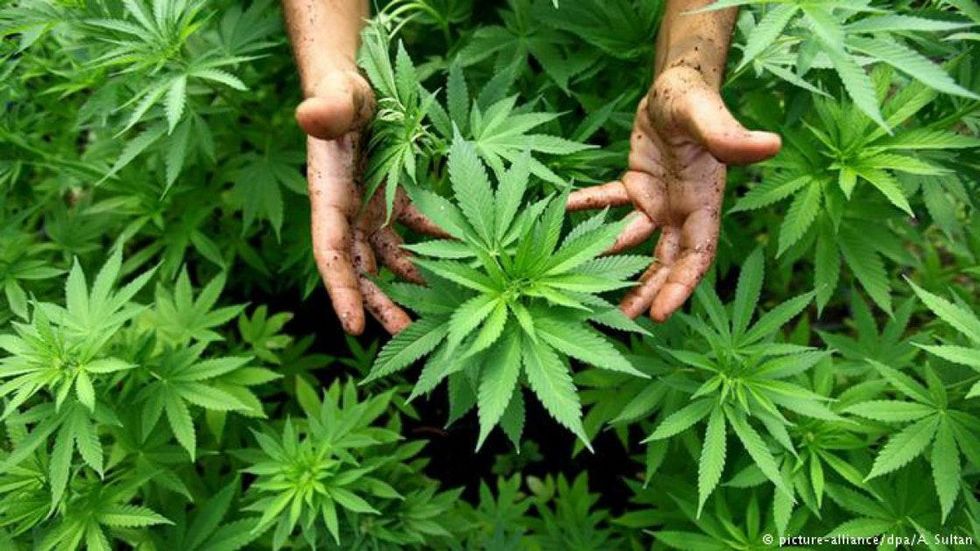The Secret History of Hemp
You may have heard of hemp — a variety of cannabis that is distinct from marijuana. While it does produce THC, unlike marijuana, hemp doesn’t produce enough THC to actually get you high. But it does do a whole lot more.
Hemp is the main source for CBD, a product you may have heard of thanks to its usage in everything from sleep medication to lip balms to dog treats and beyond. For example, brands like High Falls Hemp produce CBD skincare, pet treats, gummies, tinctures, and much more.
Like High Falls Hemp’sproducts, which are all grown in the Hudson Valley, Hemp has a long, long history of being grown in the United States, and it has a much, much longer history around the world.
Hemp may actually be one of the oldest plants cultivated by humans, and it may have first been cultivated as early as 50,000 years ago.
Archaeologically, hemp dates back to the Neolithic Age in China, with hemp imprints found on pottery dating back to the 5th millennium BCE. Ancient hemp was used to make clothes and early forms of paper.
Hemp seeds and woven fibers have also been found on Japanese artifacts dating back to 10,000 BCE, and some ancient Japanese cave paintings appear to show cannabis plants, identifiable by their distinct leaves. Hemp was also used across Asia as a form of medicine, as nutritious food, and as a tool for making clothes, ropes, and other important items.
 ancient HempHemp Eyewear
ancient HempHemp Eyewear
Cannabis was praised in ancient Japan for the strength of its fibers and the tallness of the plant itself, and it also has spiritual significance in ancient Shintoism, the indigenous religion of the nation. Cannabis was revered for its cleansing abilities and was also used to ward off evil spirits.
Hemp and cannabis were also praised in Taoism, with their dioecious nature — meaning that the plants can be separated into male and female parts — complementing the Taoist philosophy of Yin and Yang.
Between 2,000 and 800 BCE, hemp was praised in India as one of the nation’s five sacred plants, and was referenced as “sacred grass” in the Hindu text “Atharvaveda.” It also appears in ancient Egyptian records, where it was apparently used as an eyewash.
According to Greek historian Herodotus, ancient Scythians used to smoke hemp vapors for their own pleasure and entertainment. Hemp was also found at many an Ancient Greek burial site, indicating that ancient Greeks believed it could help with the transition to the afterlife. Villagers in ancient Mesopotamia used hemp in their pottery, and hemp seeds and oil were popular in foods found around the ancient world. Eventually, hemp spread around the world and became integral to a variety of industrial projects.
Hemp fiber was used on most of the ships used by the British to colonize the world, and it was an integral part of British life; in the 1600s, all English colonists were mandated by the government to grow an acre of hemp on their properties.
The history of hemp in the United States dates back to the 17th century, when George Washington cultivated hemp at his Mount Vernon estate and praised it as a cash crop with a greater potential for profit-making than tobacco. (Fun fact: The Declaration of Independence was drafted on hemp paper).
 hempliberties.eu
hempliberties.eu
So what happened? How did hemp go from a central facet of life since ancient times to something met with a giggle or a stern glare? In 1937, the Marijuana Tax Act regulated hemp in the United States, largely due to confusion about its distinction from marijuana. A year later, Popular Mechanics declared hemp the next billion-dollar crop, and in 1942, the US Department of Agriculture launched a Hemp for Victory campaign encouraging farmers to grow hemp to support the war effort.
However, 1970’s Comprehensive Drug Abuse Prevention and Control Act declared a zero tolerance policy on any type of THC, making hemp essentially illegal. The plant is still trying to reclaim its image, with many still associating the plant with marijuana’s highs while ignoring its ancient history, durability, and health benefits. But as the CBD business booms, its future is immensely promising.


